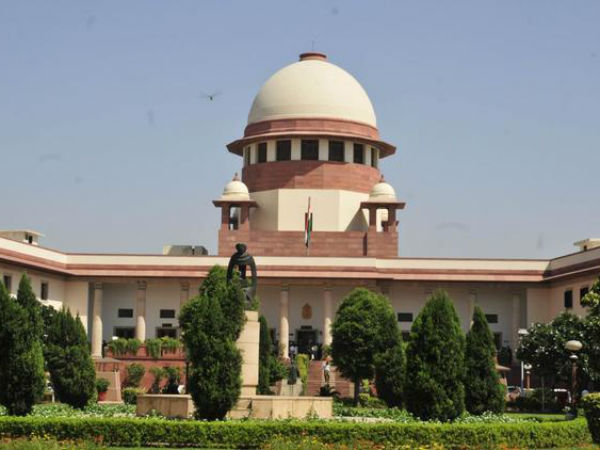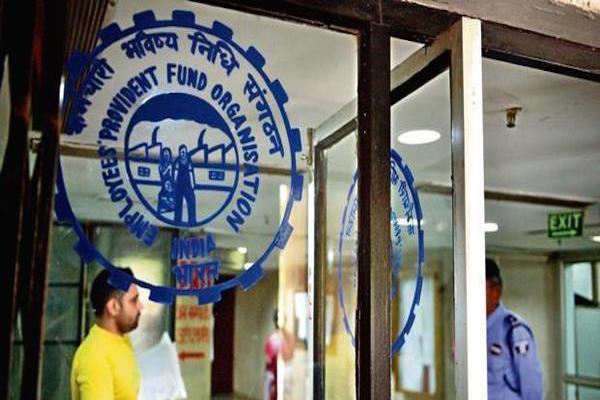The Supreme Court on Monday granted the Reserve Bank of India and the Centre a week’s time to file additional affidavits on the issue of waiving off the compound interest of loan moratorium period up to ₹2 crores. Also read: India will waive charges on interest during loan moratorium

The top court will next hear the matter on 13 October.
It has asked the Indian Banks’ Association to file its response on the Centre’s proposal and also directed the government and the central bank to consider issues raised by the real estate associations and power producers.
On Saturday, the government said it will waive ‘interest on interest’ on loans of up to ₹2 crores for six months through the end of August, but warned this will impact “pressing commitments” such as fighting the coronavirus pandemic.
Supreme court gives green signal to the scheme proposed by govt on air ticket refunds booked during the lockdown
The court said that the Kamath committee report was not brought on record as petitioners argued that many issues have not been dealt with in Centre’s affidavit.
The Kamath committee is a 5-member committee formed by RBI, headed by former ICICI Bank CEO KV Kamath to make recommendations on the financial parameters to be considered for the one-time restructuring of loans impacted by the COVID-19 pandemic and is meant to address sectoral issues.
The Supreme Court also said that the RBI had not issued any consequential orders or circulars based on the affidavit submitted by the government, and asked the central bank to do the same.
All stakeholders, including the Indian Banks Association and banks, have to submit their reply to Centre’s proposal in a week’s time.
On 2 October, the government had informed the apex court on its decision to waive interest on interest during the moratorium period for MSMEs and individual borrowers with loans up to Rs 2 crore. In an affidavit to the court, the Centre said that “after careful consideration and weighing all possible options” it has decided to “continue the tradition of handholding the small borrowers” with relief on waiver of compound interest during the 6-month moratorium period.
The compounding of interest will be waived for MSME loans and personal loans up to Rs 2 crore of the following categories:
MSME loans of up to Rs 2 crore
- Education loans of up to Rs 2 crore
- Housing loans of up to Rs 2 crore
- Consumer durable loans of up to Rs 2 crore
- Credit card dues of up to Rs 2 crore
- Auto loans of up to Rs 2 crore
- Personal loans to professionals up to Rs 2 crore
- Consumption loans up to Rs 2 crore
Cost to the government
The Government of India will bear the burden arising on banks from such waiver of interest on interest and compound interest.
Rating agency ICRA said that the cost to the government to bear the burden of this waiver would not be more than Rs 5,000 to Rs 7,000 crore, based on the assumption that not more than 30-40 per cent of the overall loans of the banks and NBFCs (non-banking finance companies) will be eligible for relief.
Background
The Supreme Court is hearing petitions by individuals and industry bodies, seeking relief on loan repayments and waiver of interest over interest in view of the adverse economic impact from the pandemic.
The apex court had granted two weeks to the central government, Reserve Bank of India (RBI) and banks to come up with a concrete stand on their waving on interest charged on non-payment during the 6-month moratorium that ended on 31 August.
The Finance Ministry had constituted an Expert Committee in early September accessing the impact of waiver of interest and waiver of interest on interest and other related issues.












